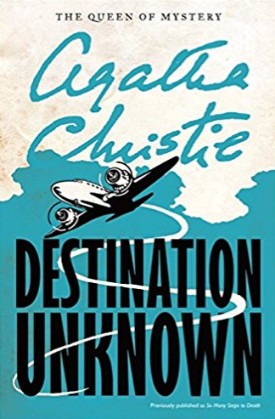
Agatha Christie
Originally Published 1954
Destination Unknown feels surprisingly like a Bond novel, albeit one stripped of its sex and brutal acts of violence. Okay, so it’s mostly a book set in an exotic locale with an amoral villain who possesses a secret lair but the story does have a surprisingly epic scope and contains some great spy story-style moments.
The story concerns the disappearance of a scientist during a conference in Paris. The British secret services are concerned that he may have defected behind the Iron Curtain and so have been keeping tabs on his wife, hoping that she will lead them to him. When she requests the right to travel abroad to get away from it all, they approve the request but hope that this may be when she makes her move.
Unfortunately before they can do anything her plane crashes and she is badly injured. This would be a dead-end in their investigation so they decide to recruit Hilary Craven, a woman who is on the verge of suicide after her child died and her husband left her. The handler argues that this may be a more interesting way to die and she may rediscover her wish to live in the process. She will adopt the persona of the wife and emerge from the hospital in her place, waiting to be contacted by her husband or his representatives.
This is really just the beginning of a much bigger journey, both physically as she finds herself transported to that secret lair but also metaphorically as she begins to feel alive and invests in relationships with people around her.
The physical journey is quite intriguing, in part because of the scale of the journey the character undertakes going from England to Paris to Morocco and then deep into the desert. It is somewhat reminiscent of The Man in the Brown Suit and it is interesting to consider the parallels – particularly when it comes to the development of a villain.
In both stories Christie develops an unlikely sort of villain, at least for these types of adventure and espionage stories. The villains are not scenery-chewing madmen but entirely rational figures – in this case someone who sees the world in a somewhat clinical way. Neither figure is planning acts of unspeakable evil but they do represent a threat to stability. The villain here may not be as likeable as the one in Brown Suit but there are similar ideas in their characters and the themes developed around them.
One of the themes that is central to this novel is the role of science within extreme ideologies. Here we see Christie posit an organization that does not belong to either side of an ideology where scientists whose outlooks on the world are utterly different are working alongside each other with uncertain ends. There are hints of the fears of nuclear annihilation, reflected in our knowledge that the missing scientist was a nuclear physicist, and a discussion of the genius scientist as a personality type. It is not a flattering portrayal and it seems clear that Christie was thinking about some of the wartime scientific breakthroughs as she wrote.
There are some wonderful moments within the journey itself as our heroine explores Morocco. While Christie sets many of her stories against exotic locales, I don’t think she ever really brings those settings as vividly to life as Fleming might but this work is full of lots of details that reflect her own travels both in terms of the practicalities of travelling but also in her observations about the British (and French and Americans) abroad. In that sense Morocco feels more dimensional than South Africa ever does in Brown Suit.
While I enjoyed the physical journey, Hilary’s emotional journey is the more convincingly developed. Kate at CrossExaminingCrime wrote a wonderful, thoughtful review of this story that suggests that Christie felt some sympathy for her heroine based on her own experiences and I think she makes an excellent case. Certainly I think the chapter in which we first encounter her in Paris feels convincing in the way it depicts her mental state.
Christie does a superb job of making it believable that Hilary could undertake the physical journey, sometimes experiencing some luck but also showing some moments of perception. We get to share in her doubts, worries and fears and this helps build some really effective, tense scenes. One of my favorites comes when she finally makes it to her destination and she realizes that she doesn’t really know what to do next. The scene unfolds in an unexpected way, turning what we think we know on its head. Be prepared for a few more intriguing reversals after that.
The problem is that Hilary, while undoubtedly brave and quite capable, is not responsible for resolving the situation herself. Certainly she plays a significant role in moving characters into the final positions but too much of the action at the end is placed out of her hands. This is a shame because I would have liked to see her play an active role in at least one other character’s fate, especially when she is a witness who could prove something important if she were more heavily involved in that conclusion.
After showing resourcefulness and coolheadedness throughout the novel, in its final chapters Hilary is suddenly rendered quite passive and is, essentially, rescued by third parties. I wish that she might have played a more active role in her own fate, particularly as it is implied that the thing that gets her over her suicidal feelings about the loss of her husband is meeting another man rather than building a sense of self-worth, but if it had unfolded that way it probably wouldn’t feel like Christie.
In spite of some frustrations in plotting and, in particular, with its resolution, I did find Destination Unknown to be quite an enjoyable read. It’s not really much of a mystery but I think there are some excellent story beats and I think it does present some interesting ideas.
Next month’s non-series Christie selection will be The Sittaford Mystery. I have seen the Marple! adaptation of that one but have little memory of anything other than Timothy Dalton wearing a suit and grumping in a generally aristocratic sort of way around a stormy country house so we’ll see what I make of it.
Vintage Mysteries Challenge: Has been read/reviewed by a fellow challenger at any time (Why) – Kate @ CrossExaminingCrime
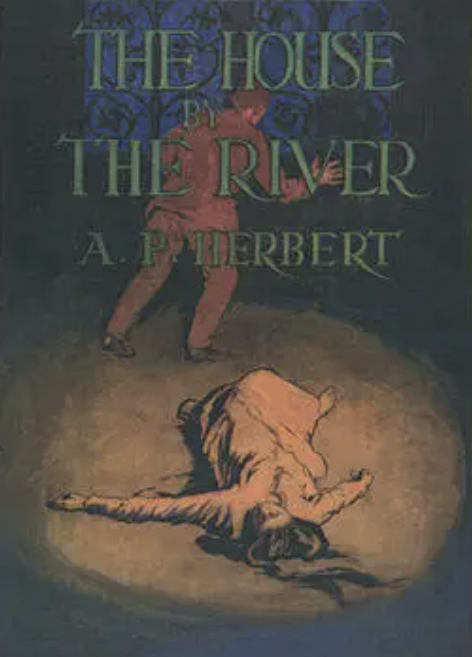
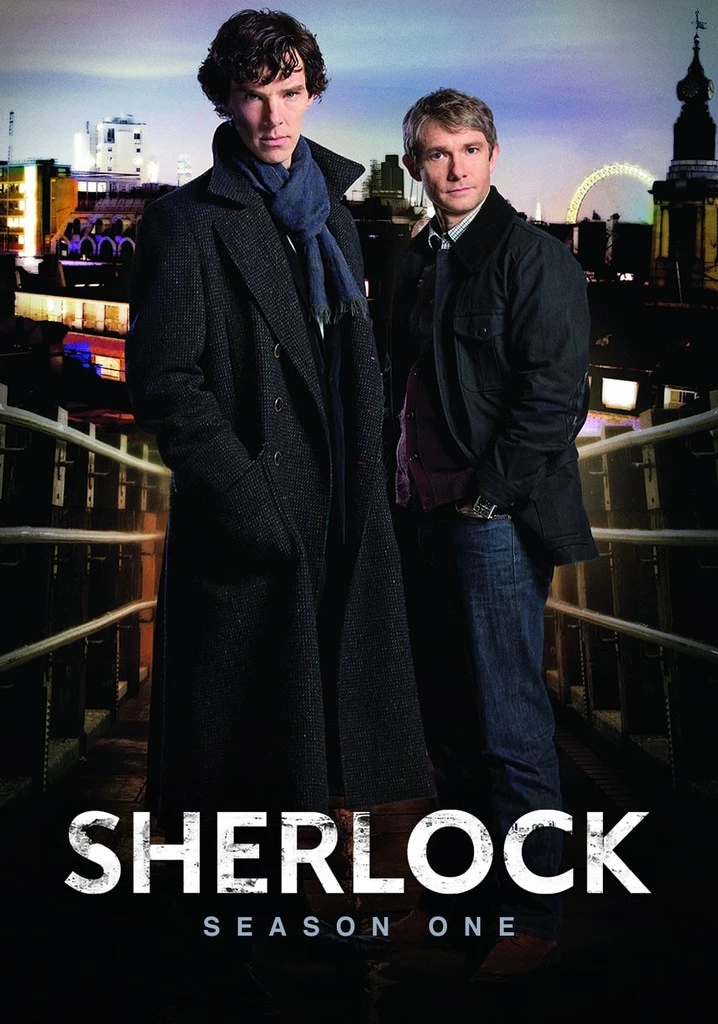
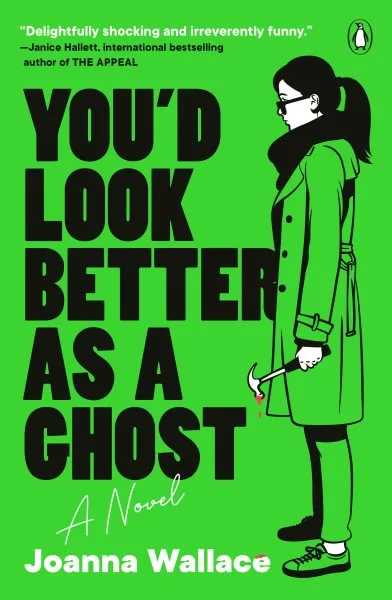
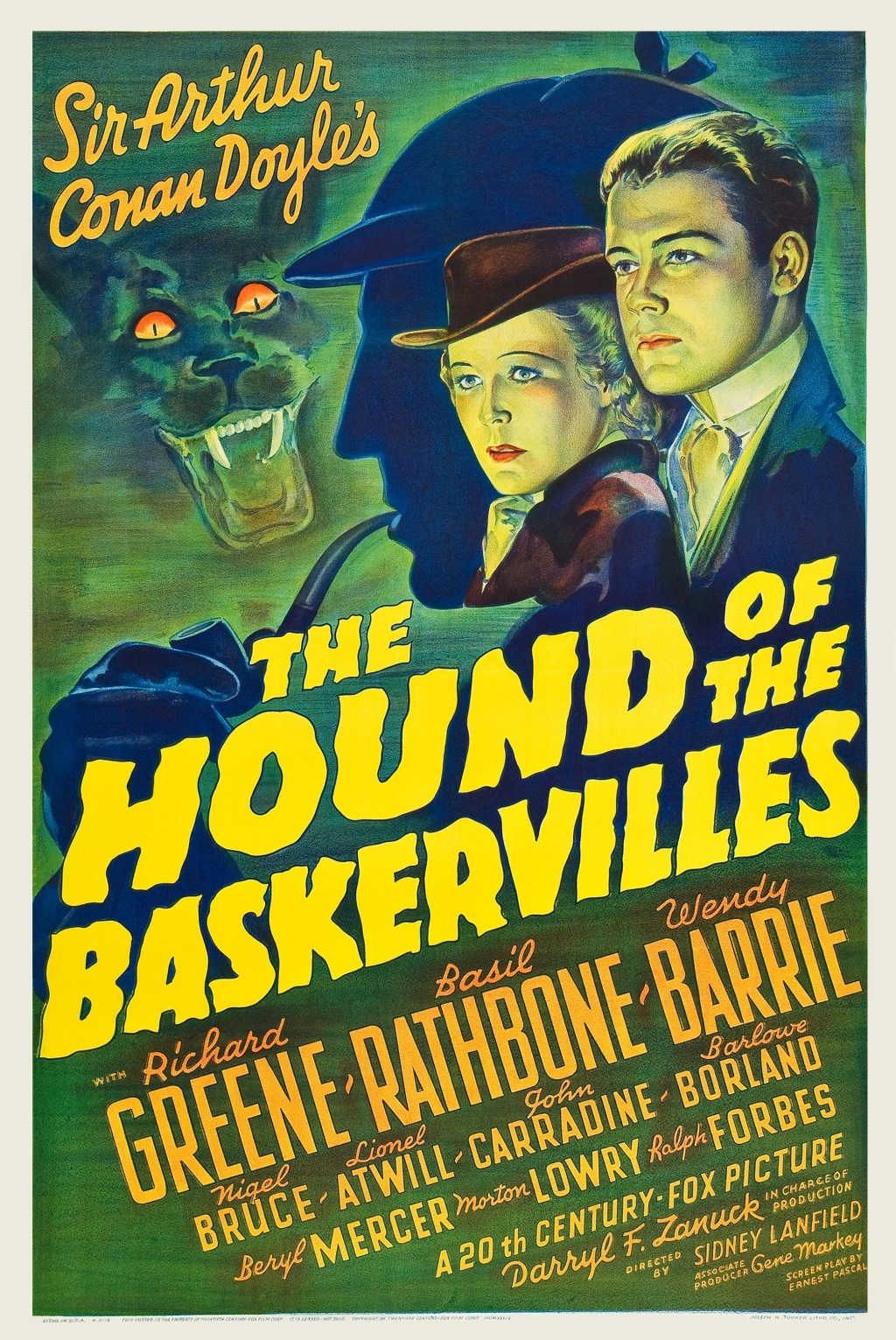
Leave a comment